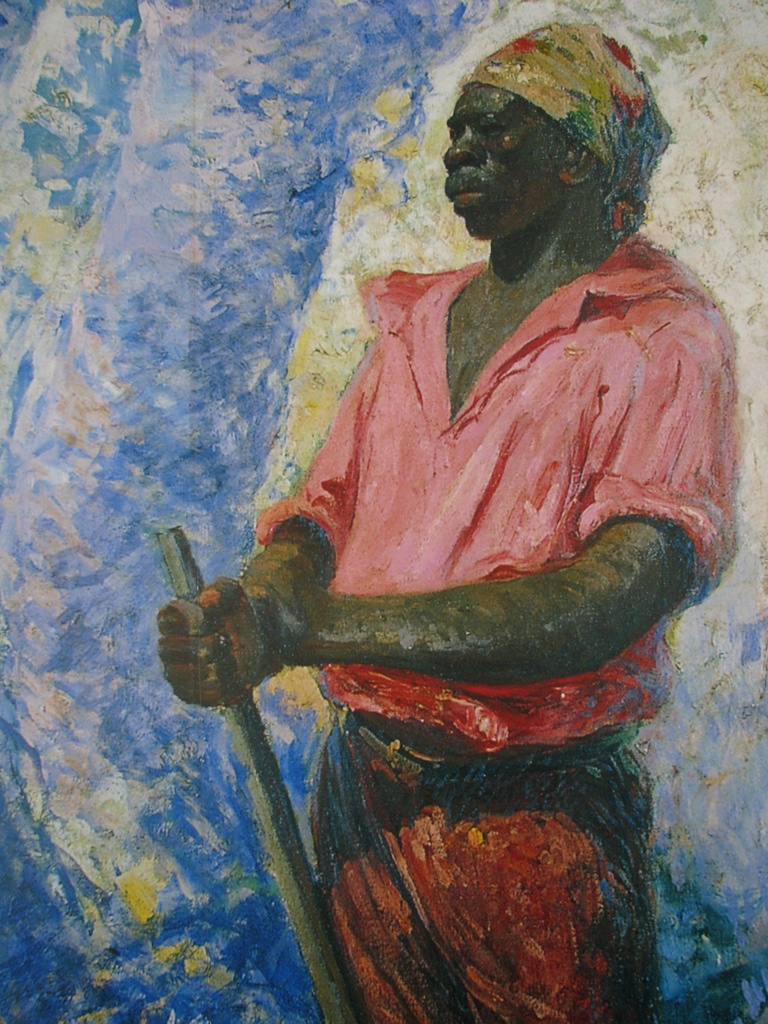
Today in Labor History November 20, 1695: Zumbí, leader of the Quilombo de Palmares, was assassinated on this date. Palmares was the largest and longest lasting Quilombo (independent community of freed slaves) in Brazil. Estimates range from 11,000 to more than 20,000 inhabitants lived in Palmares during its height. The community lasted for more than 100 years. Members of Palmares routinely raided plantations, freeing slaves and brutally slaughtering their masters. Carlos Diegues portrayed Palmares in his superb 1984 film, Quilombo. Also, influential mangue beat superstar, Chico Science named his band Chico Science & Nacao Zumbi after the Quilombo leader.
1800s
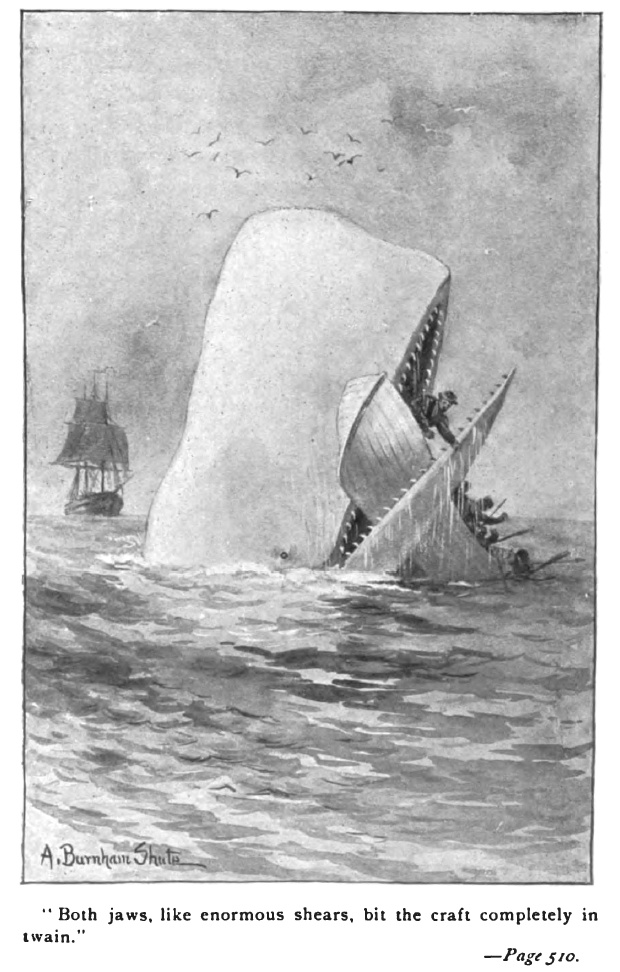
Today in Labor History November 20, 1820: An 80-ton sperm whale attacked and sunk the Essex, a whaling ship from Nantucket, Massachusetts. The tragedy occurred off the western coast of South America. 7 members of the 20-man crew died at sea, as they attempted to make land in the lifeboats. Survivors ate their dead comrades to stay alive. The story inspired Herman Melville to write his 1851 novel Moby-Dick.
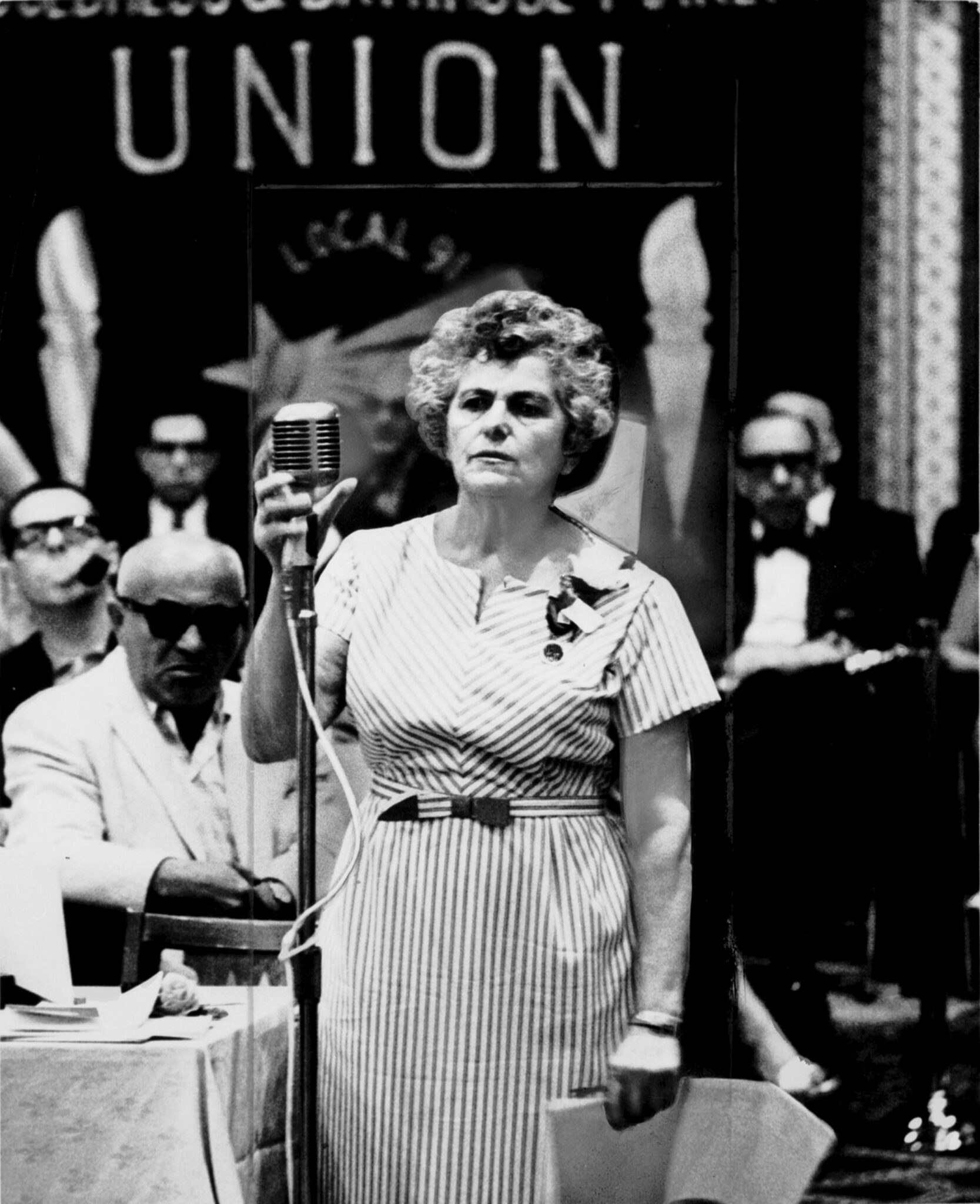
Today in Labor History November 20, 1896: Rose Pesotta, anarchist labor activist and the only woman on the General Executive Board of the International Ladies’ Garment Workers (ILGWU), from 1933-1944, was born on this date. She was born in Ukraine to a Jewish family. She learned about anarchism by reading books by Bakunin in her father’s library. Her parents set up an arranged marriage for her, which she did not approve. So, she emigrated to the U.S. in 1913, joining the ILGWU the next year. Her local, #25, was filled with militant women veterans of the 1909 Shirtwaist Strike. She wrote regularly for the New York Anarchist press, in both English and in Yiddish. Later in life, she worked briefly for the B’nai B’rith.
1920s-1930s
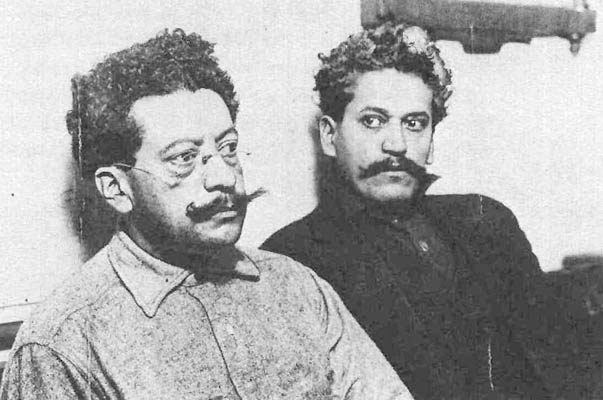
Today in Labor History November 20, 1922: Ricardo Flores Magón died. Magon, with his brother Enrique, founded and edited the anarchist paper Regeneracion, founded the Partido Liberal de Mexico and organized with the IWW. Magon was one of the major intellectual forces during the Mexican Revolution and he launched a short-lived revolution in Baja California, in which many IWW members from participated. In 1918, the U.S. arrested him under the 1917 Anti-Espionage Act, for publishing an anti-war manifesto. This was part of the First Red Scare, also known as the Palmer Raids, which also swept up Eugene Debs and Emma Goldman. Ricardo Flores Magon died 4 years later, in Leavenworth Prison.
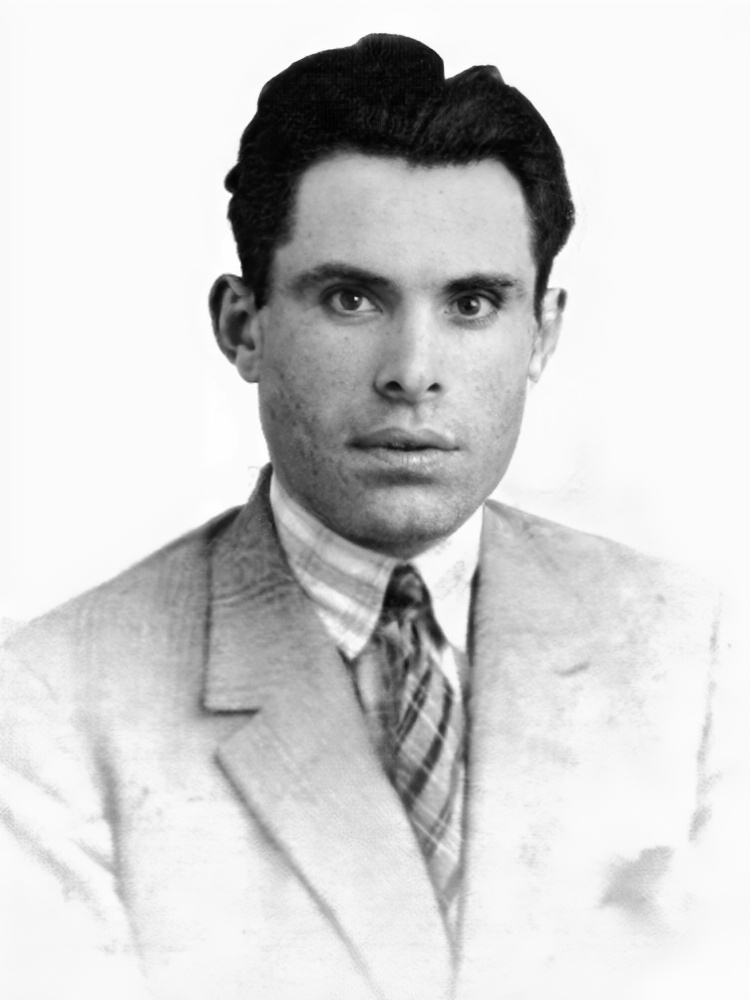
Today in Labor History November 20, 1936: Buenaventura Durruti, Spanish anarchist militant, was shot dead during the Battle of Madrid. Over 200,000 people attended his funeral in Barcelona. Durruti was a member of the anarchosyndicalist CNT labor union and the Iberian Anarchist Federation (FAI). In 1920, along with several Basque anarchists, he formed the paramilitary group Los Justicieros, who unsuccessfully tried to assassinate the king. After this, he went to Barcelona, to help organize workers with the CNT. There he formed one of Spain’s most famous affinity groups, Los Solidarios.
In 1923, the group assassined Cardinal Juan Soldevilla y Romero, as a reprisal for the killing of an anarcho-syndicalist union activist Salvador Seguí. After this, Durruti went in hiding in South America, where he robbed banks to raise money for the cause. He returned to Spain in the 1930s, where he formed the Durruti Column, which won numerous battles during the Civil War.
November 20, 1936: A republican execution squad killed José Antonio Primo de Rivera, founder of the fascist Falange.
1940s-1960s
November 20, 1946: Bituminous coal workers went on strike directly against the US government, which had seized all the bituminous coal mines on May 21. The government secured an injunction against the strike, resulting in $3.5 million fine against the UMW.
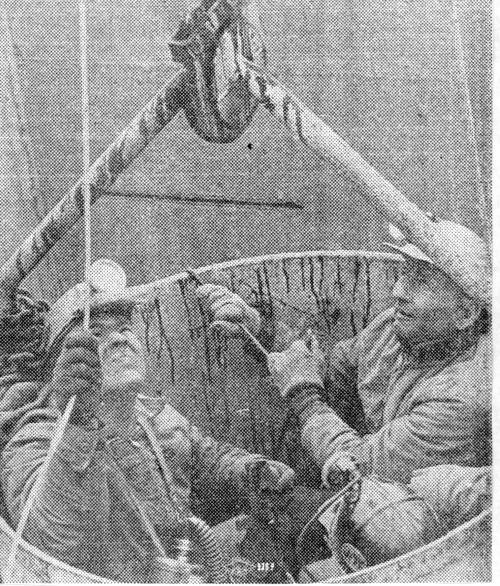
Today in Labor History November 20, 1968: The Consolidated Coal Company’s No. 9 mine in Farmington, West Virginia, exploded. 78 miners died in the blast, which was so powerful that people felt it over 12 miles away. In the wake of the Farmington disaster, Congress passed the 1969 Coal Mine Safety and Health Act which strengthened safety standards, increased Federal mine inspections, and gave coal miners specific safety and health rights. Yet coal mine disasters, injuries, black lung disease and death continue to this day.

Today in Labor History November 20, 1969: Occupation of Alcatraz: Native American activists seized control of Alcatraz Island and occupied it until the U.S. Government ousted them 19 months later. The protest group called themselves Indians of All Tribes. According to the Treaty of Fort Laramie, all retired, abandoned or out-of-use federal land was to be returned to the Indians who once occupied it. Alcatraz had been closed for over 6 years, and the island had been declared surplus federal property. Therefore, indigenous activists believed that the island was theirs to reclaim. One of the organizers of the Occupation, Richard Oakes, was shot to death in 1972 by a white supremacist YMCA counselor in Sonoma, CA.